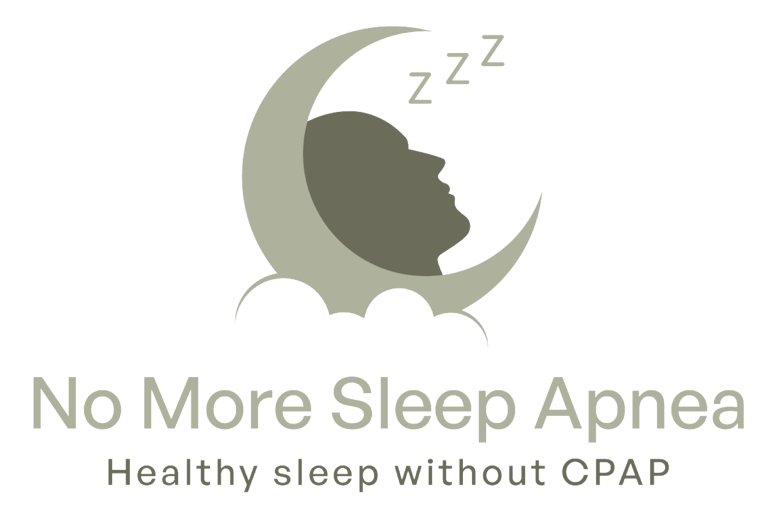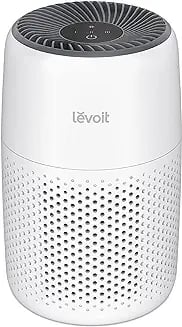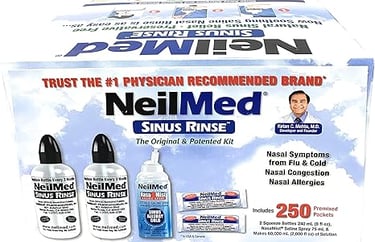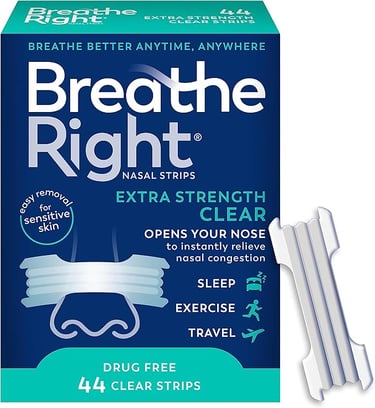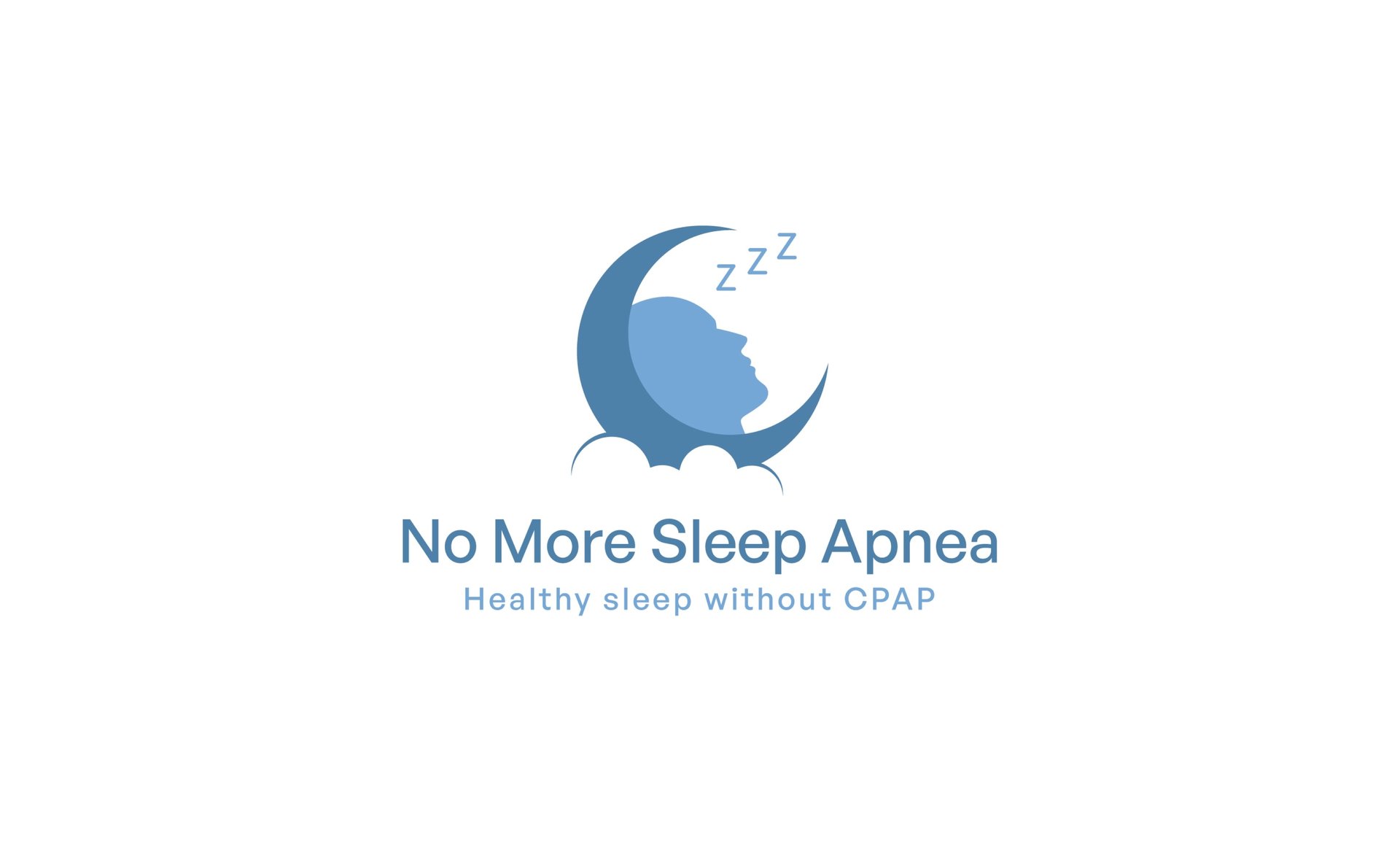Is Nasal Obstruction Causing Your CPAP to Not Work for You?
Nasal obstruction can defeat the benefits of your CPAP machine. Here is what to do.
CPAP therapy is commonly recommended for obstructive sleep apnea, but some experts consider it the top choice. However, a significant number of patients struggle with this treatment within the first year due to different issues like feeling suffocated, air leaks, and poor fit. One major factor contributing to this discomfort is nasal obstruction. In this article, we will discuss the link between nasal obstruction and the failure of CPAP therapy. We will also review the results of a renowned study by Ikawa et al, which looked into how septoplasty affects the outcome of CPAP treatment in patients with nasal obstruction.
We must understand the Impact of Nasal Obstruction on CPAP Therapy. Nasal obstruction occurs when the nasal airway is partially or completely blocked, making it difficult to breathe. I've had nasal obstruction all my life. Ever have to switch sleeping sides when your lower nostril plugs up while sleeping on your side? And your upper nostril kind of collapses down due to gravity? This means you are flopping from side to side all night. What has helped me immensely with my nasal obstruction is a product called NeilMed Sinus Rinse available on Amazon. It forces the nostrils to remain open and you can keep breathing. (https://amzn.to/42Vqp7C).
Simply empty a packet of pre-mixed saline powder into the provided plastic bottle and flush out your sinuses over the sink.
When using a CPAP mask, it is crucial to have unobstructed airflow through the nostrils for optimal treatment effectiveness and comfort.
You also want the air you breathe to be as clean as possible. I like the Levoit Mini Air Purifier. The cost won't break the bank, and you know that you are helping your respiratory system with reduced pollen and dust in the air you breathe. https://amzn.to/4m1i4bi
If the nasal airway is blocked, the CPAP pressure may feel suffocating due to increased resistance or excessive pressure build-up. The Connection Between Nasal Obstruction and CPAP Therapy Failure Nasal obstruction can significantly hinder the success of CPAP therapy. When the nasal airway is compromised, it can affect the proper functioning of the CPAP system.
Some common complaints associated with nasal obstruction during CPAP use include:
1. Mask Leakage: Nasal congestion or obstruction can interfere with the secure fit of the CPAP mask, leading to improper sealing and air leakage. This not only reduces the effectiveness of the therapy but also causes discomfort and a sense of suffocation. An item that can help with airflow at night is the Breathe Right Nasal Strips: https://amzn.to/4jMdlc8. These help keep your nose open when you are lying on your side trying to sleep.
2. Ineffective Pressures: Nasal obstruction can restrict the airflow from the CPAP machine, requiring higher pressure settings to maintain an open airway. These increased pressures can worsen discomfort and make breathing against the resistance feel restrictive.
3. Difficulty Exhaling: Nasal congestion can make exhaling against positive airway pressure more challenging for some individuals. This sensation can contribute to feelings of suffocation, causing additional discomfort and masking the benefits of therapy. It is important to address nasal obstruction to ensure the success of CPAP therapy. By managing nasal allergies, sinus problems, or seeking medical intervention for a deviated septum or nasal polyps, individuals can improve their breathing and enhance the effectiveness of CPAP treatment.
4. Inadequate Treatment: It's common for individuals with chronic nasal congestion to not realize they're struggling to breathe. The first sign of an issue may arise when they attempt to use CPAP, only to find that it doesn't effectively address their sleep apnea. Sleep partners might notice the patient snoring loudly even with the mask on. Despite wearing the mask throughout the night, those with nasal congestion may still wake up feeling exhausted.
The Ikawa et al study focused on investigating how septoplasty, a surgical procedure to correct a deviated septum, affects the effectiveness of CPAP treatment in patients with nasal obstruction. The study included 43 participants who had experienced CPAP failure due to nasal pathology. After undergoing septoplasty, the researchers examined CPAP compliance, sleep quality improvement, and symptom reduction.
The study's findings revealed the following: a) Enhanced CPAP Compliance: After septoplasty, there was a significant improvement in CPAP compliance. Patients reported feeling more comfortable and experienced reduced mask leakage. Out of the 43 patients who underwent septoplasty, 40 were able to wear their mask properly after the surgical correction. The remaining three patients were completely cured of their sleep apnea after the surgical correction of their nasal airway.
b)Improved Sleep Quality: After the procedure, participants noticed a decrease in sleep disturbances, fewer awakenings, and an overall improvement in the quality of their sleep.
c) Alleviation of Symptoms: Post-septoplasty, symptoms commonly associated with nasal obstruction, such as snoring, daytime sleepiness, and fatigue, were significantly reduced. These findings emphasize the importance of addressing nasal obstruction in patients who are not responding well to CPAP therapy. By improving nasal airflow, septoplasty can enhance CPAP tolerance, promote better adherence to therapy, and ultimately lead to improved sleep outcomes.
Conclusion: CPAP therapy can sometimes be uncomfortable and make you feel suffocated due to various factors. Nasal obstruction is a major contributor to CPAP failure, causing discomfort and compromising the effectiveness of treatment. By addressing nasal obstruction through interventions like septoplasty, CPAP compliance can be greatly improved, symptoms can be reduced, and overall sleep quality can be enhanced.
If you are experiencing a suffocating sensation during CPAP therapy, it is important to consult with an ENT (ear, nose, and throat) specialist. These professionals can conduct a comprehensive evaluation, including assessing nasal patency, and create a personalized treatment plan that caters to your specific needs. By addressing nasal obstruction, you can optimize the benefits of CPAP therapy and enjoy a more comfortable and effective management of sleep apnea.


